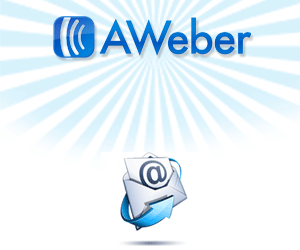Savvy business owners who take advantage of Internet marketing realize there is a fine line between marketing and spam and orchestrate their marketing campaigns to gain the maximum amount of exposure without running the risk of being viewed as spam. The definition of spam is open to interpretation but most people agree on the fact that spam is equivalent to junk mail you receive at your residence.
In general spam is unsolicited emails which are part of an advertising campaign. The term spam can also apply to message board postings which are posted solely for advertising purposes. This article will examine the differences between effective Internet marketing and spam.
First we will consider the use of message boards for the purpose of Internet marketing. Message boards are essentially online meeting places for Internet users who share a particular interest to exchange ideas, ask or answer questions or just socialize. These message boards allow users to register and post messages. Most message boards have a set of guidelines which the users must follow when posting comments of any kind. These guidelines may vary widely with some being very strict about acceptable content and others not being nearly as strict.
It is important to follow these guidelines because failure to do so may result in the moderators deleting your account and other members not paying much attention to your posts.
Message boards are ideal for Internet marketing because they can provide a business owner with access to a specialized target audience. If you are in the business for finding jobs for employees who wish to telecommute, you might join a message board dedicated to working from home to find members who may be interested in your products. Here you may learn a great deal about the concerns of your target audience.
You can also take advantage of available permissions to post links to your website when appropriate and in accordance with message board guidelines. This is considered smart Internet marketing. However, if you opt to respond to each and every post with a link to your website, even when it is not relevant and do not offer comments of value to other members, they are likely to view your posts as spam which can be damaging because these members may opt to avoid your website even if they have a need for your services.
E-newsletters and email advertising are one area of Internet marketing which is most likely to be viewed as spam if not done properly. Most Internet users to not appreciate unsolicited emails especially when these emails do not pertain to a subject that interests them. This is often the case when business owners buy email lists and send their advertisements to everyone on the list. This is not effective because you are not likely to reach a large population of your target audience.
Additionally, recipients of the email may block your email address so future communications are automatically sent to a spam folder. Some recipients may even report you to their Internet service provider who may investigate the claim that you are a spammer. A better way to approach the concept of email marketing is to only send e-newsletters and advertisements to past customers who have specifically asked to receive such emails and potential customers who have requested additional information.





